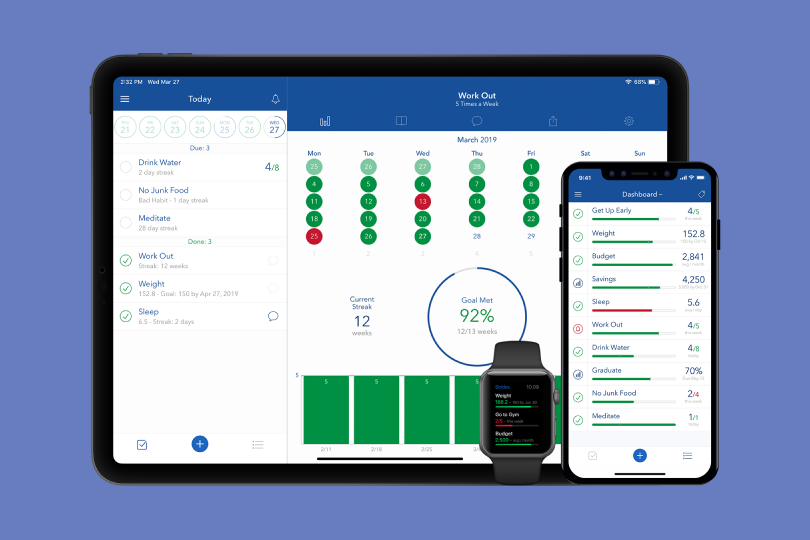Speaking IELTS questions play a crucial role in assessing a candidate’s language proficiency and communication skills. The speaking component of the IELTS exam measures a candidate’s ability to express themselves clearly and effectively in English. It evaluates their fluency, vocabulary usage, grammar accuracy, pronunciation, and coherence of ideas. The speaking test aims to simulate real-life conversations and situations, enabling examiners to gauge a candidate’s ability to communicate in an English-speaking environment.
Table of Contents
- Mastering the Art of Answering Speaking IELTS Questions
- Key Components of Speaking IELTS Questions
- Enhancing Fluency in Speaking IELTS Questions
- Expanding Vocabulary for Speaking IELTS Questions
- Perfecting Grammar Usage in Speaking IELTS Questions
- Improving Pronunciation for Speaking IELTS Questions
- Cultivating Coherence in Speaking IELTS Questions
- Overcoming Nervousness in Speaking IELTS Questions
- Conclusion
Mastering the Art of Answering Speaking IELTS Questions
To excel in the speaking section of the IELTS exam, it is essential to develop effective strategies for answering the questions. Firstly, candidates should actively listen to the question and understand its requirements. It is crucial to organize thoughts before responding and structure the answer coherently. Employing a wide range of vocabulary, appropriate grammar, and accurate pronunciation can significantly enhance the quality of the response. Additionally, candidates should aim to provide specific examples and support their ideas with relevant details. Practicing mock speaking tests and receiving feedback can immensely contribute to improving performance.
Key Components of Speaking IELTS Questions
Speaking IELTS questions encompass various aspects that candidates need to address during the exam. The questions often revolve around personal experiences, opinions, comparisons, and problem-solving scenarios. Candidates should pay attention to the task given and tailor their responses accordingly. The questions typically require candidates to provide detailed descriptions, express opinions, and make predictions. Some questions may also prompt candidates to discuss advantages and disadvantages, express preferences, or analyze causes and effects. Familiarizing oneself with the different question types and practicing relevant vocabulary and grammar structures can boost confidence and performance.
Enhancing Fluency in Speaking IELTS Questions
Fluency is a crucial aspect assessed in the speaking component of the IELTS exam. Developing fluency requires practice and exposure to various English-speaking environments. Engaging in regular conversations with native or proficient English speakers can help candidates become more comfortable and confident in expressing their thoughts. Reading extensively, listening to English podcasts, and watching movies or TV shows in English can also enhance fluency by exposing candidates to different accents, vocabulary, and sentence structures. Practicing speaking exercises, such as tongue twisters and timed responses, can further develop fluency and improve the ability to speak spontaneously during the exam.
Expanding Vocabulary for Speaking IELTS Questions
A wide range of vocabulary is vital for effectively answering speaking IELTS questions. Candidates should focus on building both general and topic-specific vocabulary. Reading books, newspapers, and magazines can expose candidates to diverse vocabulary and help them understand the contextual usage of words.
Creating vocabulary lists, learning synonyms and antonyms, and using flashcards can aid in memorizing new words. Additionally, practicing word association games, crossword puzzles, and word formation exercises can further expand vocabulary skills. Applying new vocabulary in spoken and written communication will solidify understanding and improve the ability to express ideas more precisely.
Perfecting Grammar Usage in Speaking IELTS Questions
Grammar accuracy plays a vital role in the speaking component of the IELTS exam. Candidates should strive to use correct grammatical structures to convey their ideas effectively. Brushing up on grammar rules, studying sentence patterns, and understanding verb tenses are crucial for achieving grammatical accuracy. Reading grammar textbooks, completing grammar exercises, and seeking feedback on written and spoken English can help identify and rectify common grammatical errors. It is essential to focus on common grammar pitfalls such as subject-verb agreement, verb tense consistency, and proper use of articles. Consistent practice and self-correction will enhance grammar proficiency.
Improving Pronunciation for Speaking IELTS Questions
Clear and accurate pronunciation is a fundamental aspect evaluated in the speaking section of the IELTS exam. Candidates should aim to produce English sounds correctly and avoid pronunciation errors that may hinder communication. To improve pronunciation, candidates can listen to and imitate native speakers, practice tongue twisters, and focus on stress and intonation patterns. Engaging in conversations with native or proficient English speakers can provide valuable feedback and help identify pronunciation weaknesses. Utilizing pronunciation apps or online resources can assist in self-assessment and targeted practice. Regular practice and continuous exposure to English pronunciation will contribute to improved clarity and fluency.
Cultivating Coherence in Speaking IELTS Questions
Coherence refers to the logical and cohesive flow of ideas in responses to speaking IELTS questions. Candidates should ensure that their answers are well-structured, organized, and easy to follow. Developing a clear introduction, supporting main points with relevant examples or details, and providing a concise conclusion can enhance coherence. Using linking words and phrases appropriately can establish connections between ideas and contribute to a coherent response. It is essential to practice structuring answers within the allocated time to maintain coherence during the exam. Regular feedback and self-assessment will aid in refining coherence skills and producing well-structured responses.
Overcoming Nervousness in Speaking IELTS Questions
Nervousness is a common challenge faced by many candidates during the speaking component of the IELTS exam. It is crucial to develop strategies to manage anxiety and perform at one’s best. Practicing mock speaking tests in a simulated exam environment can help candidates become familiar with the exam format and reduce anxiety. Deep breathing exercises, positive visualization, and maintaining a confident posture can help alleviate nervousness. Building self-confidence through consistent practice, seeking constructive feedback, and acknowledging personal achievements can also contribute to overcoming nervousness. It is essential to remember that nervousness is normal and that maintaining a positive mindset and staying focused will enhance performance.
Conclusion
Time management is crucial during the speaking component of the IELTS exam. Candidates should aim to utilize the given time efficiently to address all aspects of the question. It is essential to practice answering questions within the allocated time to develop a sense of timing. Structuring answers beforehand and identifying key points can help candidates deliver their responses more effectively. Being mindful of the time and using transition words to smoothly transition between ideas can aid in managing time. Additionally, candidates should avoid spending excessive time on a single question and ensure they complete all the tasks within the given timeframe.




